Rewriting the Rules: Kate Meyer and the Planetary Accounting Network
In 2009, scientists identified nine critical environmental limits—the Planetary Boundaries—that define a safe operating space for humanity. Back then, we were already exceeding three. In 2025, we’re breaching seven.
For Kate Meyer, a New Zealand-born sustainable building designer, this science was both a wake-up call and an opportunity. Sustainability, she believed, shouldn’t be about doing less bad—it should be about restoring balance within these boundaries. So, in 2013, she left her job to pursue a PhD at Curtin University in Australia, determined to turn the science into something actionable. The result was Planetary Accounting, a practical framework that helps people, organisations, and governments understand their environmental impact across the same boundaries that define our planet’s health.
From Caravan to Change
Kate Meyer - Planetary Accounting Network (PAN) Founder
Kate’s PhD journey was anything but conventional. With two preschoolers and her husband in tow, she spent a year living in a caravan across Europe, meeting the world’s leading sustainability scientists. Between broken cars, stolen caravans, and research meetings from beach cafés to lab corridors, she built what would become the Planetary Accounting framework, a system as ambitious as it is necessary.
Published in 2018 and later released as a textbook in 2020, the framework has since evolved into the Planetary Accounting Network (PAN), a charitable trust founded by Kate in 2019 to help humanity live within planetary limits. PAN makes environmental accountability measurable and manageable—from carbon to biodiversity, waste, water, and beyond.
Turning Metrics into Movement
PAN’s mission is to make planetary accounting easy to access, understand, and apply. Their latest initiative, Planetary Facts, is set to revolutionise eco-labelling, much like Nutrition Facts did for food. Instead of calories and protein, Planetary Facts disclose indicators like carbon, waste, and biodiversity against a “recommended daily limit” derived from the Planetary Boundaries.
The approach is already gaining traction: Raglan Food Co., Silver Fern Farms, and a growing network of NZ companies are working with PAN to better understand and communicate their environmental impact. In the building industry, PAN is collaborating with HERA (Heavy Engineering Research Association) to translate environmental data into better material choices and whole-building design performance.
Become Part of the Movement
The Planetary Accounting Network is growing rapidly—with more than 300 individuals and 50 organisations already on board. Members range from students and sustainability professionals to global businesses seeking to align their operations with the Planetary Boundaries.
Joining the network is about more than affiliation—it’s about action. Members gain access to resources, training, and a community of practice focused on real-world implementation. Whether you’re a designer wanting to integrate planetary metrics into projects, or a business ready to map your environmental limits, membership offers the tools and support to make it happen.
As PAN says: “Every member helps us help others return to a safe operating space for humanity.”
Kate at the Wao Summit: From Science to Solutions
At this year’s Wao Summit Better Building Day, Kate Meyer will help bridge the gap between global science and on-the-ground action in the construction sector.
9:00 AM – State of Play
Join Kate alongside Lisa Hinde, Matthew Cutler-Welsh, and Kristy Jones for a sharp, honest look at the building industry today. Kate will explore how the sector can respond to the pressures of operating within planetary limits, challenging us to think beyond carbon and consider the full suite of environmental boundaries that shape our future.
1:15 PM – Introduction to Planetary Accounting for the Building Industry
In this workshop with Lauren Boyd, Kate will unpack how Planetary Accounting can guide the building industry toward truly regenerative practice. Expect to come away with a clear sense of how to measure environmental performance, identify hotspots, and take meaningful, boundary-aligned action on projects big and small.
Why It Matters
Planetary Accounting is more than a framework, it’s a mindset shift. It helps us move from ‘doing less bad’, to understand ‘what does good look like’ so we can act accordingly. For designers, builders, and decision-makers, it offers a way to align every project with what the planet can actually sustain.
As Kate puts it, “When we account for the planet, we build not just for today but for the generations who will live within what we leave behind.”
👉 Join Kate Meyer at Better Building Day, Thursday 30 October. Explore the full Wao Summit programme at wao.co.nz.


